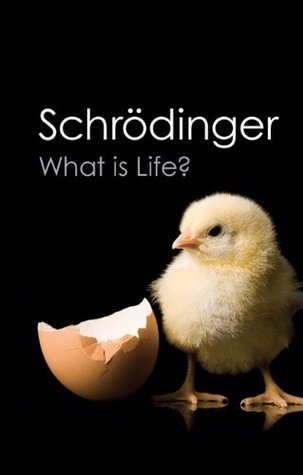In order to be suitable material for the work of natural selection, mutations must be rare events, as they actually are. If they were so frequent that there was a considerable chance of, say, a dozen of different mutations occurring in the same individual, the injurious ones would, as a rule, predominate over the advantageous ones and the species, instead of being improved by selection, would remain unimproved, or would perish. The comparative conservatism which results from the high degree of permanence of the genes is essential.
Welcome back. Just a moment while we sign you in to your Goodreads account.


